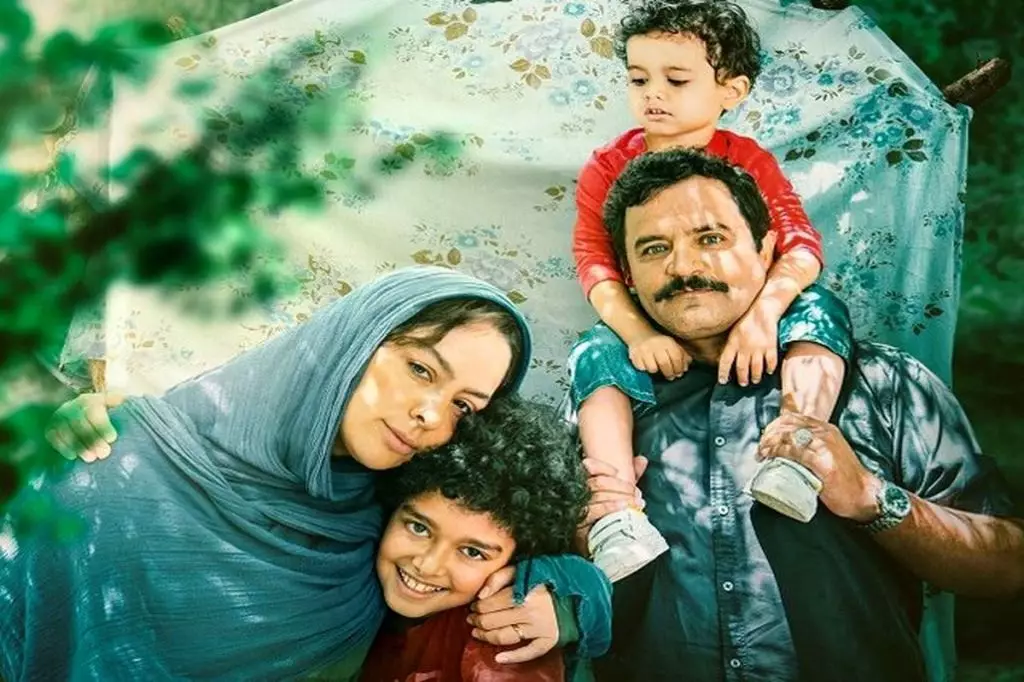In a culturally rich and politically intricate landscape, Iran has officially chosen “In the Arms of the Tree” as its official submission for the Best International Feature Film category at the 97th Academy Awards. The announcement, made by the Farabi Cinema Foundation, signified a critical moment for Iranian cinema on an international stage. This strategic choice followed a meticulous ten-day review process carried out by a nine-member selection committee, highlighting Iran’s desire to present a nuanced narrative amidst a global audience. The thoughtful selection process underscores the importance of representation and the ongoing relevance of Iranian films in the international cinema dialogue.
Amongst the films contending for this honor were two notable contenders: “Isatis,” directed by Alireza Dehghan, and “The Silent City” by Ahmad Bahrami. This competitive context not only emphasizes the artistic prowess found within Iranian cinema but also reflects a vibrant landscape of storytelling that continues to thrive even in challenging circumstances.
Directed by Babak Lotfi Khajepasha, “In the Arms of the Tree” brings forth a narrative exploring the complex relationship dynamics of a married couple, Kimia and Farid. After twelve years of marriage fraught with challenges, their struggles culminate in dire consequences for their children, who symbolize innocence and kindness in a world overshadowed by the turmoil of adult relationships. The film delves into universal themes such as family, emotional crises, and the oft-hidden impacts of marital strife, proposing that even in the most mundane identities, narratives of tragedy, hope, and compassion can blossom.
The film was well-received at notable film festivals, including the Shanghai International TV Festival and the prestigious Fajr Film Festival, compounding its credibility as Iran’s chosen representative. By selecting this film, Iran not only highlights its cinematic talent but also amplifies its cultural voice at an intersection where art and societal reflection meet.
Competing Entries: A Diverse Slate of Narratives
As the Academy Awards season heats up, a plethora of countries are unveiling their submissions, enriching the multilingual tapestry of narratives in the International Feature Film category. France’s candidate, “Emilia Pérez,” directed by Jacques Audiard, stands out as a provocative tale encapsulating themes of identity and autonomy. As various nations submit their entries, the competition elevates the overall discourse of global cinema, thus fostering an environment of diverse storytelling.
Norway’s entry, “Armand,” directed by Halfdan Ullmann Tøndel, is equally compelling. Tøndel, being the grandson of the legendary Liv Ullmann and Ingmar Bergman, carries a generational legacy that imbues this film with significant expectation and artistic gravitas. “Armand,” which premiered in Cannes Un Certain Regard, has already made history by winning the Camera d’Or for best first film. This underlines the importance of fresh voices in cinema and their vital contributions to complex narratives.
Germany’s selection of “The Seed of the Sacred Fig” by acclaimed Iranian director Mohammad Rasoulof also illustrates the transnational nature of contemporary cinematic storytelling. Rasoulof’s situation, having escaped Iran due to threats against his life, adds a dimension of urgency and human interest to his film, which tackles themes of resilience in the face of oppressive regimes.
The submission of “In the Arms of the Tree” is not merely a representation of the film but also a testament to the resilience and creativity of Iranian filmmakers grappling with systemic challenges. Iranian cinema has a rich history of conveying profound emotional narratives, often interwoven with the societal implications of life in a complex political environment. This selection shines a light on the potential of Iranian narratives to evoke empathy and thoughtfulness among international audiences, making their way into global conversations.
As filmmakers like Babak Lotfi Khajepasha and Mohammad Rasoulof find international recognition, their stories challenge stereotypes and expand understanding of Iranian culture and society. Ultimately, the cinematic offerings presented at the Academy Awards serve as cultural ambassadors, providing a space for dialogue, understanding, and the exploration of unique human experiences across international borders.
Iran’s selection for the Academy Awards is more than a contest of artistic merit; it’s a reflection of a nation’s ongoing narrative—one that deserves to be celebrated and recognized on the global stage.

